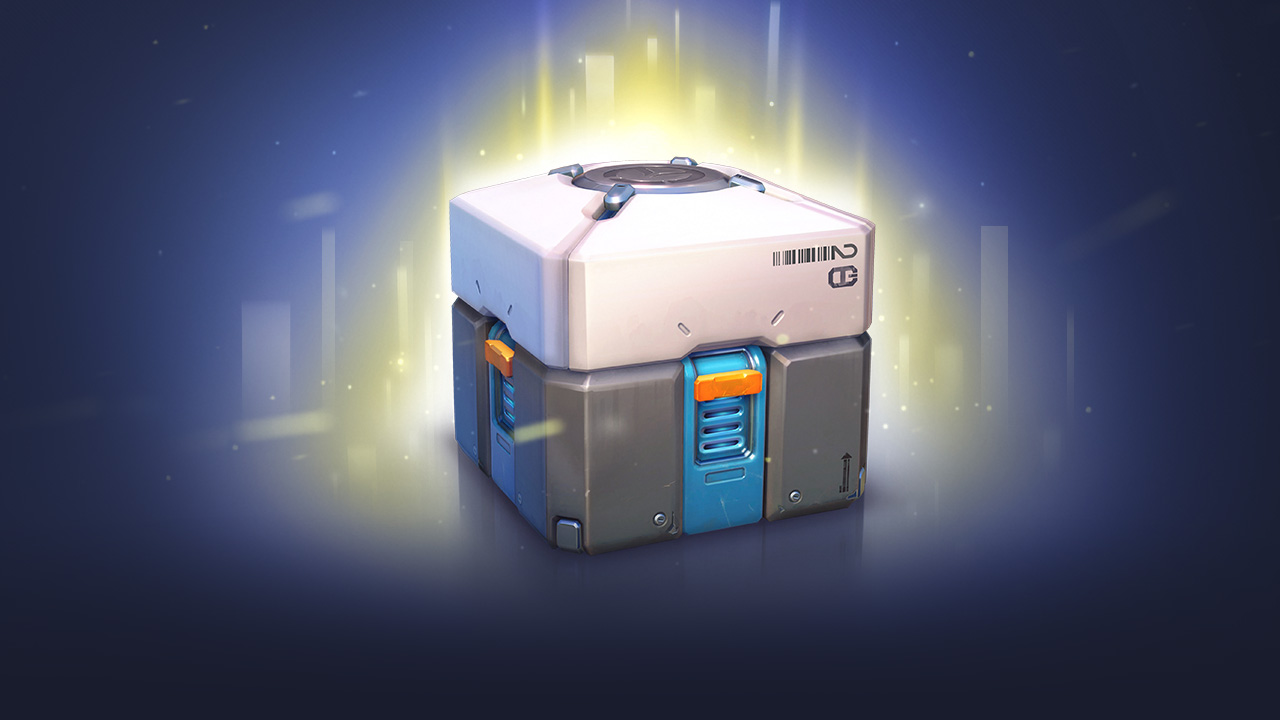Microtransactions are controversial, especially in the wake of the Star Wars Battlefront 2 controversy last year, but there are, from publishers’ perspective, several reasons why they may want to implement them. Microtransactions can act as engagement hooks to retain audiences over a long term, and it’s additional revenue generation, too.
However, analyst Michael Pachter of Wedbush Securities feels that how publishers go about implementing these in full priced games is myopic, and that they need to broaden their perspective a bit.
Speaking to Josiah Renaudin on The 1099 in an interview, Pachter said that publishers could stand to give purchasers of full priced games with microtransactions equivalent in-game credit, which would encourage the player to actually try out the online modes, and be likelier to spend more money in the long run.
“The model I think that would make sense to change is how microtransactions are implemented. I spoke to EA about this a few years ago and they laughed at me,” Pachter said. “I asked them: ‘Why would you not, with every copy of FIFA, just give everyone who buys the game $60 in gold to spend in Ultimate Team?’ Every single person who buys Ultimate Team would try it. And then [EA CEO] Andrew Wilson actually said: ‘Well we have people spending $300 in that game, and now they’d spend $240.’
“I asked him how many free-to-play games he played, and he just said Ultimate Team. I play about 30. So I’d spend about $300 a year on them and with [my way] I’d spend $360. Try it, you’ll learn.”
The general idea is that giving players in-game currency has multiple benefits—goodwill means players are likelier to spend more money on the game, and simply having that much in-game currency means the player is likelier to try the online modes with the microtransactions, and therefore get hooked and spend more money in the long run.
It does make sense—but, as Pachter said, publishers are too busy counting their immediate profits to care. I don’t think we will see anything as dramatic as this happen any time soon.















